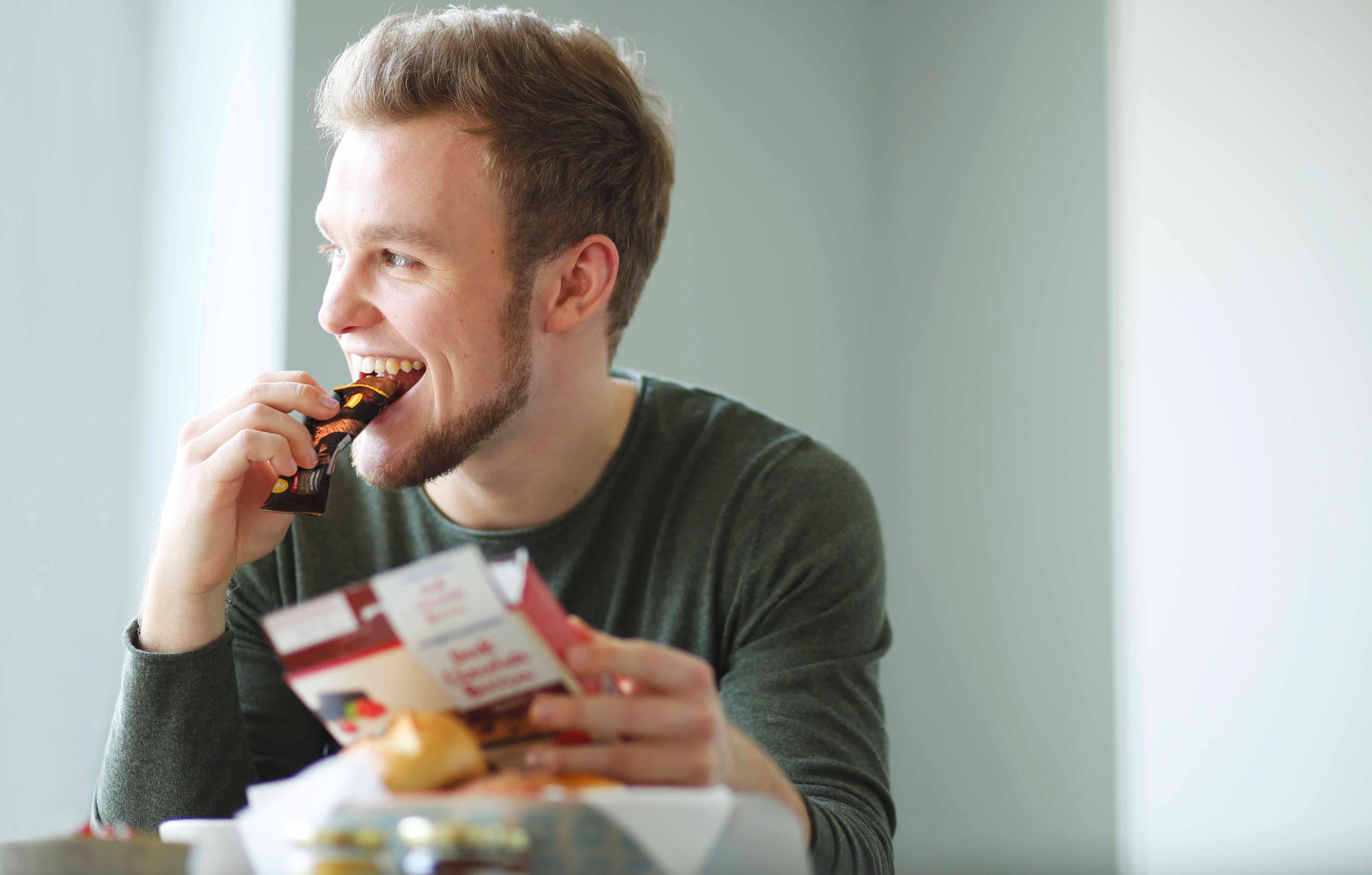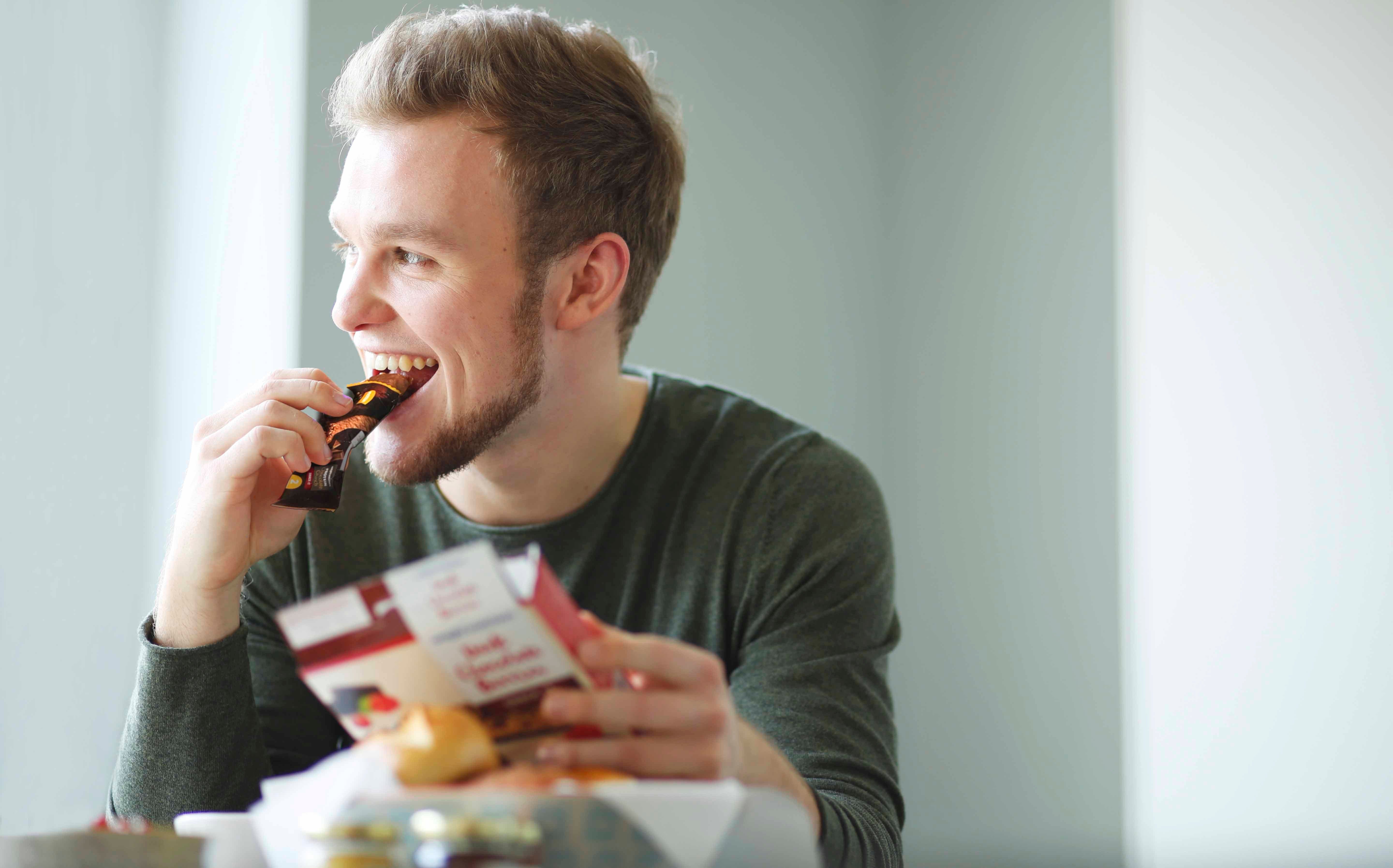What to eat before and after exercise


As you move towards a healthier lifestyle it’s not uncommon to get the fitness bug and actually enjoy exercising more. Maybe you’ve signed up for a run or surprised yourself at how often you go to the gym. But with more exertion comes a host of questions about fuelling your body, especially when balancing weight-loss goals. Let’s clear things up!
Q: I exercise first thing in the morning. Should I eat before my workout?
A: Even though the science of nutrient timing is highly honed for elite athletes, it’s a different story for everyday exercisers. As a rule of thumb, if you rise and shine early for activity, you don’t need to eat beforehand as your regular breakfast can lead to stitches and digestion problems, so it’s best to wait until afterwards. But if you find you’re low on energy during your early workout, a small piece of fruit should be enough to get you through.
Q: I’ve heard of people sprinkling protein powder on their brekkie to keep them fuller for longer. What’s the WW stance on this and is it a good idea?
A: The beauty of the WW program is that it’s customizable to your personal preferences. We promote a whole foods philosophy and we encourage members to meet their protein requirements through foods first. But we also support members who choose to use protein supplements – just make sure you track accurately as they do contain SmartPoints®.
Q: I like to squeeze in a lunchtime workout – sometimes it's yoga, sometimes it’s a HIIT class. Should I eat before or after?
A: Definitely after! Try to choose an earlier class when possible so you can get your workout done and not have to eat lunch too late in the afternoon. After your workout it’s good to have a recovery meal. This helps your muscles and body to repair and replenish so you bounce back with optimal energy and less stiffness. While a professional athlete may go straight to the ice bath and sip a protein shake, the rest of us just need to time our meals around our activity and make sure they tick the right nutrient boxes. Consider a nutritious snack or recovery meal within 60 to 90 minutes of finishing exercise. It should contain nutritious carbohydrates for restoring glycogen or ‘energy’ stores, and high-quality protein to help muscle repair.
Q: I’m training for a half-marathon. What should I eat during training and the run itself?
A: Research shows that carbohydrates ingested during a long-distance training session or event can improve performance. A cyclist may be able to eat a banana when on the road, but most runners rely on the convenience of sports gels and drinks to get extra carbohydrates (and fluids). The main advice is that practice makes perfect, so try different options during your training before the big event.
Q: My favourite spin cycle class is just after work at 6.30pm. I’m always hungry leading into class, what should I eat, if anything?
A: Restructuring your meals on the days you want to exercise directly after work may help you through your class. Try this. Eat your main meal at lunch (2-4 hours before your workout). Have a nutritious snack 1-2 hours before. Stick to snacks that combine carbohydrates and protein so they’re easy to digest. Eat a light supper after class.
Q: Are sports drinks good or bad for me?
A: When your activity is low intensity and short duration, water is the best choice as otherwise you’ll be consuming empty calories. Formulated sports drinks, like Gatorade or Powerade, are designed for after high-intensity sessions lasting 60-90 minutes or longer. They contain the right level of glucose to top up your blood glucose as your glycogen energy stores get used up. They also contain sodium and other electrolytes to speed up the body’s absorption of the fluid and help replace electrolytes lost in sweat.
Q: I’m trying to lose weight so I’m exercising more. I get hungrier after a workout but I don’t want to undo all the good work I’ve done. What should I do?
A: Your best bet is timing your meals and snacks around your activity so you’re not just adding more food into your day. Think about how you can adjust your regular eating plan to manage your hunger levels. It might mean pushing your breakfast later so you’re not so hungry before lunch. Or, adding a well-timed snack so you’re not famished between meals. Remember to take advantage of 0 SmartPoints snack options – a small bowl of vegetable soup as an entree might help curb your appetite for your main meal.
Pre- workout snacks
Ready for your workout? You might need a snack to keep you going until your next meal. These pre-workout snacks provide the right combination of protein and carbohydrates to keep your energy levels up so you can power on through.
1. Pears with Greek yogourt, almonds and a sprinkle of cinnamon
2. Spinach and corn scrambled eggs on a slice of wholegrain toast
3. Sliced apple with a little peanut butter
4. Pita chips and mint yogourt
5. Toast with nut spread, banana and honey
6. Baked potato with broccoli and a sprinkle of cheese
7. Spiced fruit porridge
